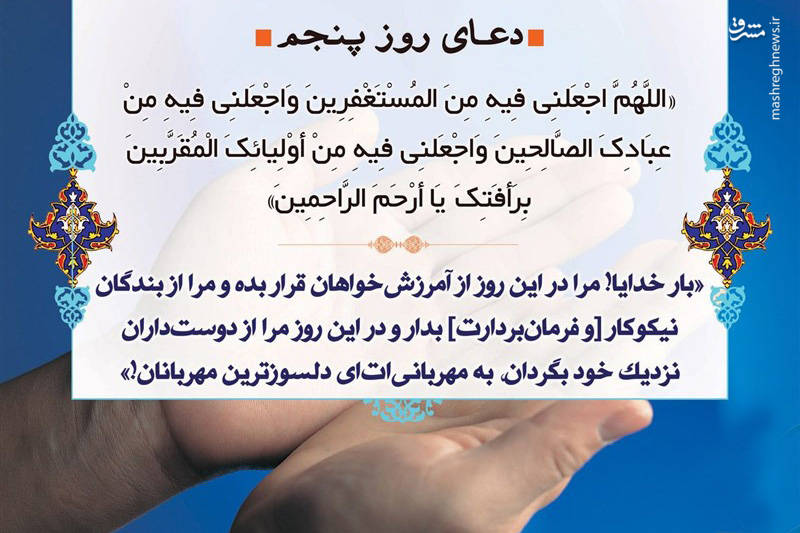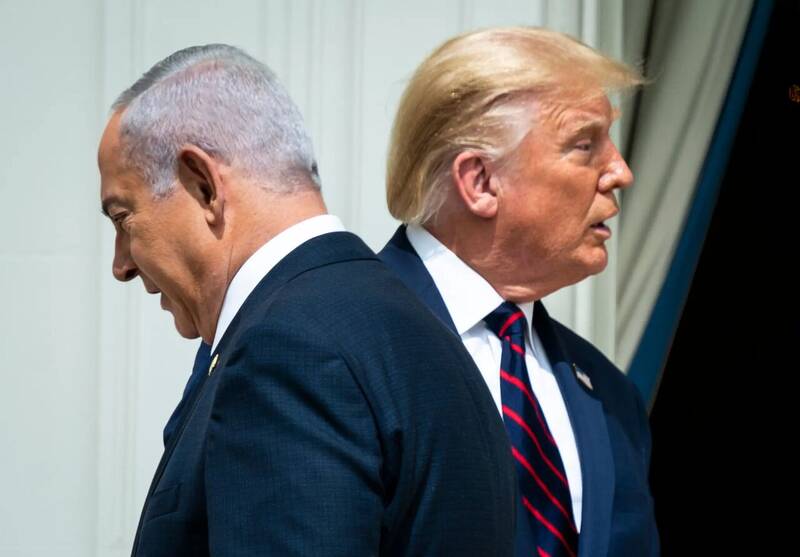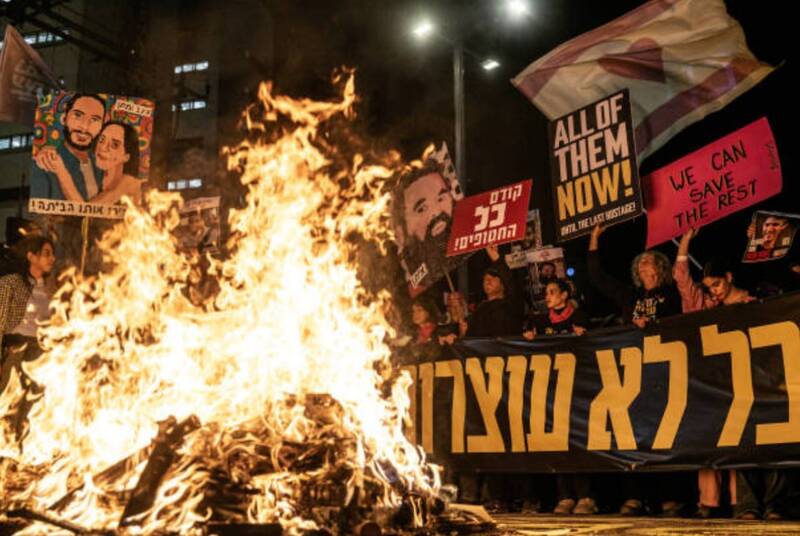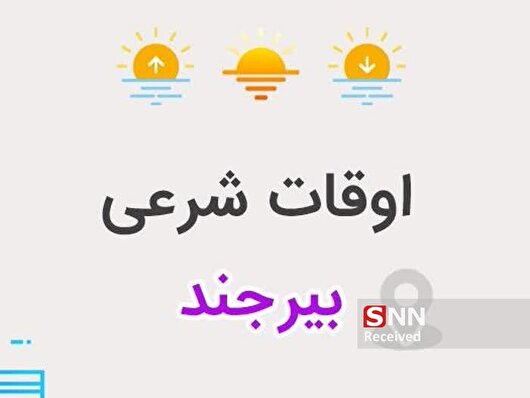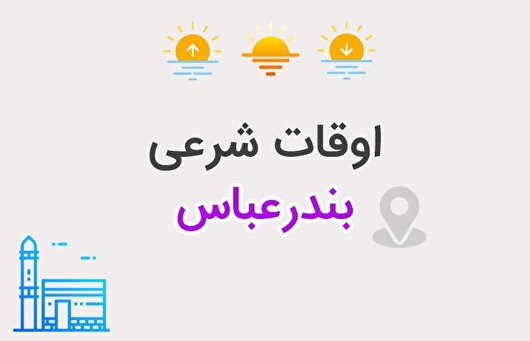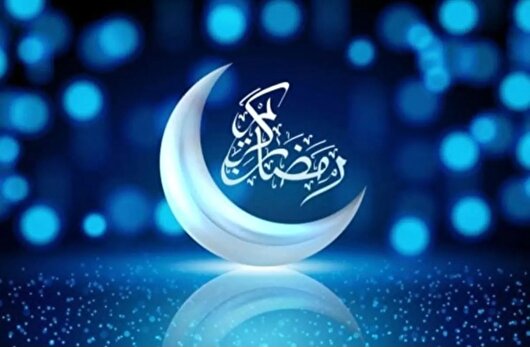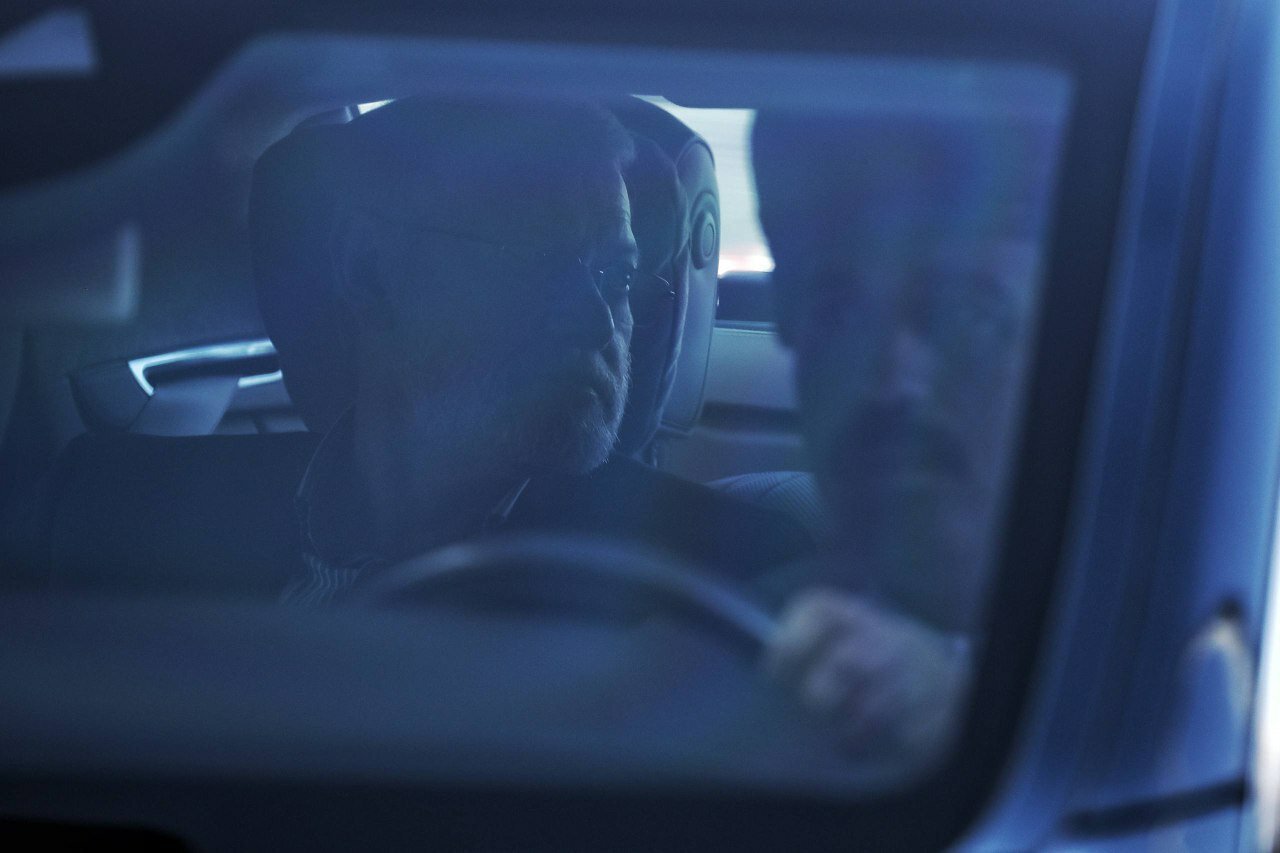B’Tselem: Settlers unpunished for 21 killings in West Bank ‘ethnic cleansing'
B’Tselem: Settlers unpunished for 21 killings in West Bank ‘ethnic cleansing'

Israeli settlers have gone unpunished in 21 cases where they killed Palestinians over the past two years amid what B’Tselem describes as a campaign of “ethnic cleansing” in the occupied West Bank.
The human rights group noted that the military has been enforcing “an increasingly permissive and reckless open-fire policy” in the Palestinian territory, including the use of air strikes, since 7 October 2023.
The military has also armed “thousands of settlers” while turning a blind eye to their near-daily bloody attacks on Palestinian civilians.
In a social media post on Monday, B’Tselem said there have been 21 cases of settlers killing Palestinians since October 2023, but “not a single perpetrator has been convicted”.
Overall, Israeli forces and settlers have killed more than 1,004 Palestinians in the West Bank since then, including 217 minors, according to B’Tselem’s tally.
In the Gaza Strip, Israeli forces have killed around 70,000 Palestinians, including some 20,000 children.
“We are witnessing the total abandonment of Palestinian lives,” said Yuli Novak, B’Tselem’s executive director.
“The situation in the West Bank is deteriorating by the day and will only worsen, because there is no internal or external mechanism to restrain Israel or stop its ongoing policy of ethnic cleansing.”
She urged the international community to put an end to Israel’s “impunity”.
On Monday, Israeli forces shot and killed Abdul Raouf Ishtayeh during a raid near Nablus. A day earlier, Israeli settlers and soldiers stormed the village of Deir Jarir, east of Ramallah, and opened fire on Palestinians, killing 20-year-old Bara Khairy Ali Maali.
“Under this blanket impunity, armed settlers attack Palestinians on a daily basis, burning homes, farmland and crops, looting property and killing residents,” said B’Tselem.
“Although dozens of such attacks occur every day, and many are captured on video and well documented, Israeli law-enforcement authorities rarely open investigations.”
'Stay or stay'
A resident of Tulkarm, who wished to remain anonymous for security reasons, told Middle East Eye that the situation in the West Bank is becoming increasingly difficult for Palestinians, leaving many to live in fear and anxiety.
Her area has recently been hit by a wave of Israeli restrictions, arrests and violent raids.
“Over the past two years, the number of checkpoints has risen to 707 since 7 October, severely hindering citizens’ movement,” she said, adding that iron gates controlled by Israeli forces have been placed at the entrances and exits of various Palestinian cities.
Amid the ongoing violence, Israeli troops have also seized several refugee camps, displacing their residents.
'Our feeling is that death is inevitable'
- Palestinian resident of Tulkarm
The displacement has been compounded by what the Tulkarm resident described as a “dire financial situation” resulting from delays in transferring tax revenues to the Palestinian Authority.
“This has led to the non-payment of salaries to Palestinian employees in the West Bank, who are struggling to survive on the bare minimum of basic necessities,” she said. “They have no security and no stable income.”
On how locals prepare for imminent attacks, the resident said there are “no options” but to remain “unwavering and steadfast” on their land.
“In Palestinian terms, our feeling is that death is inevitable, and may God accept the martyrs and grant them peace,” she said. “For Palestinians, there are no options: to stay or to stay.”
She added that families “don’t have the luxury of sadness or of considering options” when mourning killed relatives or enduring daily hardship under Israeli occupation.
'Frequent, organised' settler violence
Ameer Dawood, from the Colonization and Wall Resistance Commission (CWRC), described the escalation of settler violence over the past two years as “both alarming and unprecedented in scale and intensity”.
Among the attacks documented by CWRC teams in recent times are arson, physical assaults on Palestinians, beatings of international volunteers and the destruction of groves and agricultural structures.
“They are part of a steady pattern of escalating violence that has intensified over the past year,” Dawood, director general of information and reporting at CWRC, told MEE.
He added that settler targeting of farmers is “economically damaging and psychologically devastating”.
“The settlers responsible for these attacks increasingly operate with an expanded sense of impunity, often under the protection or in the presence of Israeli security forces,” he explained.
At the same time, he added, recent policy changes have effectively given settler-led groups more power over security and land management, empowering extremist factions and allowing violent acts to take place with little accountability.
Dawood warned that without immediate intervention to enforce the rule of law or curb the authority granted to extremist settler groups, the “pattern of violence” is likely to continue.
“Without accountability, attacks will probably become more frequent, more organised, and more dangerous, further destabilising rural communities and deepening the humanitarian and political crisis across the West Bank.”
He stressed that the escalation must be recognised as “not spontaneous”, but rather the “outcome of structural decisions that have enabled and normalised settler violence”.






